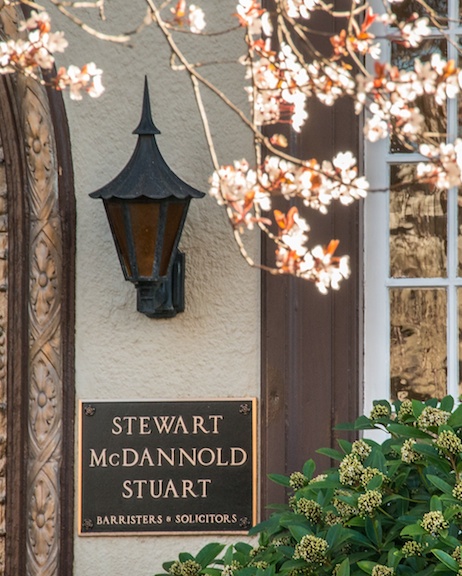In the recent decision of O.K. Industries Ltd. v District of Highlands, 2021 BCSC 81, the BC Supreme Court reaffirmed that the Province has exclusive jurisdiction over “mines” and “mining activities” as each are defined in the Mines Act, RSBC 1996, c. 293.
This decision is important for local governments as it confirms that in relation to mines, mining activities, and other associated and integral activities, including reclamation, a local government cannot exercise its authority over things such as land use, certain buildings, soil deposit and removal, trees, and blasting. (more…)



